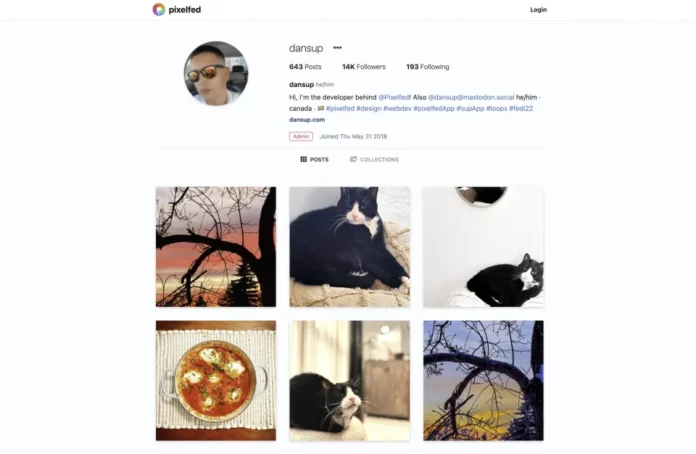According to users of Bluesky and 404 Media, Meta blocked links to Pixelfed, a decentralized photo-sharing platform on Facebook. A small group of posts that contained links to “pixelfed.social” were removed, citing Facebook’s “Community Standards for Spam” as an excuse.
When asked to comment on the situation, a Meta spokesperson said that the removal of the posts was a mistake and that they would be restored.
Pixelfed is powered by the ActivityPub protocol and is part of the wider “federated world” of decentralized publishing platforms. It functions similarly to Instagram, allowing you to share, like, and comment on images, but because it runs on ActivityPub, your posts can appear in other apps or, if you wish, be moved to entirely different photo-sharing platforms. Meta is gradually migrating parts of ActivityPub to Threads, which allows, for example, to publish to Threads and Mastodon at the same time.
The timing of these deletions is enough to make anyone suspicious. Meta has just announced a rather dramatic change in how it plans to moderate speech on its platforms. Last week, the company decided to discontinue its third-party fact-checking program and change its policy on hateful behavior. The loosening of the company’s standards now allows for speech that would normally be defined as hateful, based on what Wired has been able to unearth.
It’s easy to imagine that users might consider switching to an alternative like Pixelfed in response, and on Saturday the platform reported that it was “seeing unprecedented levels of traffic to pixelfed.social.” It is also not unreasonable to assume that the new right-wing meta-platform may block its competitors, as X did with links to Mastodon and Substack.









